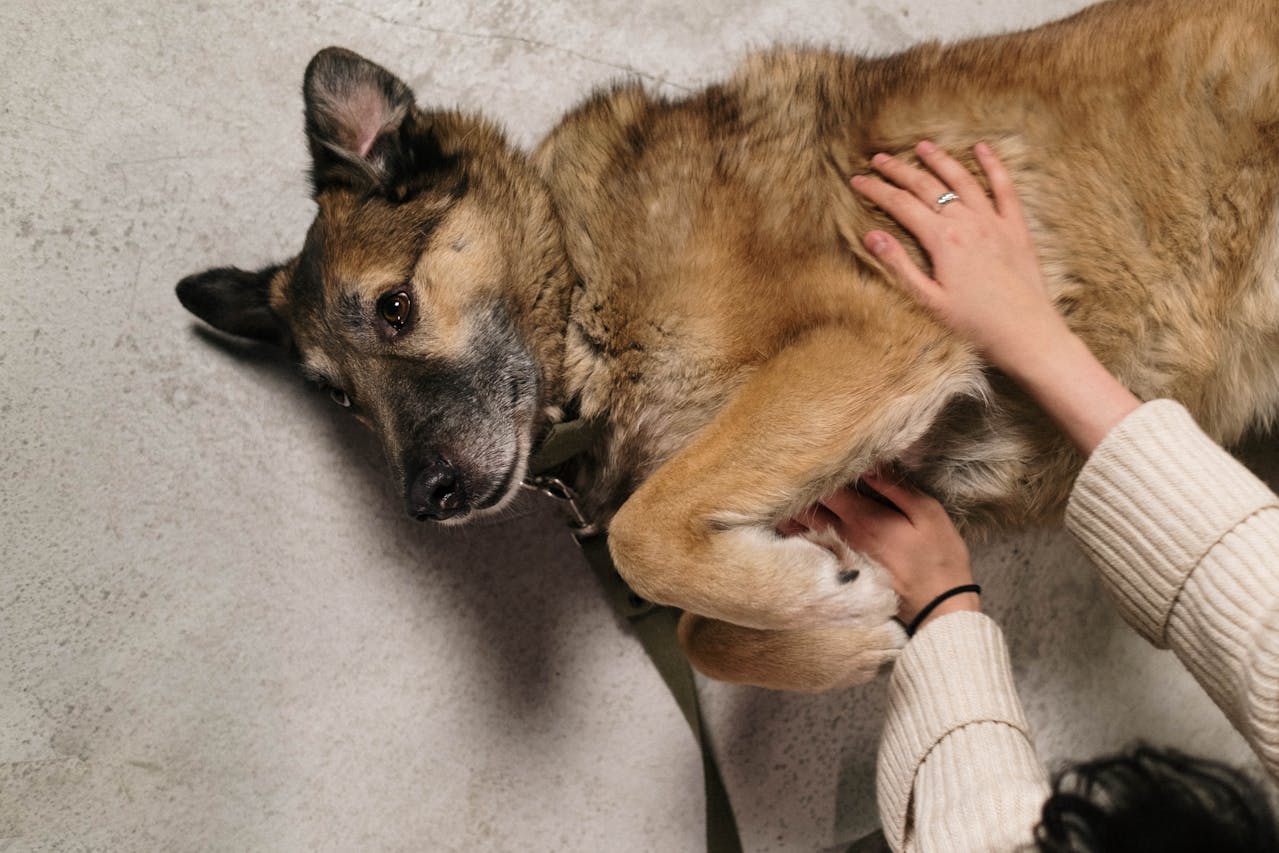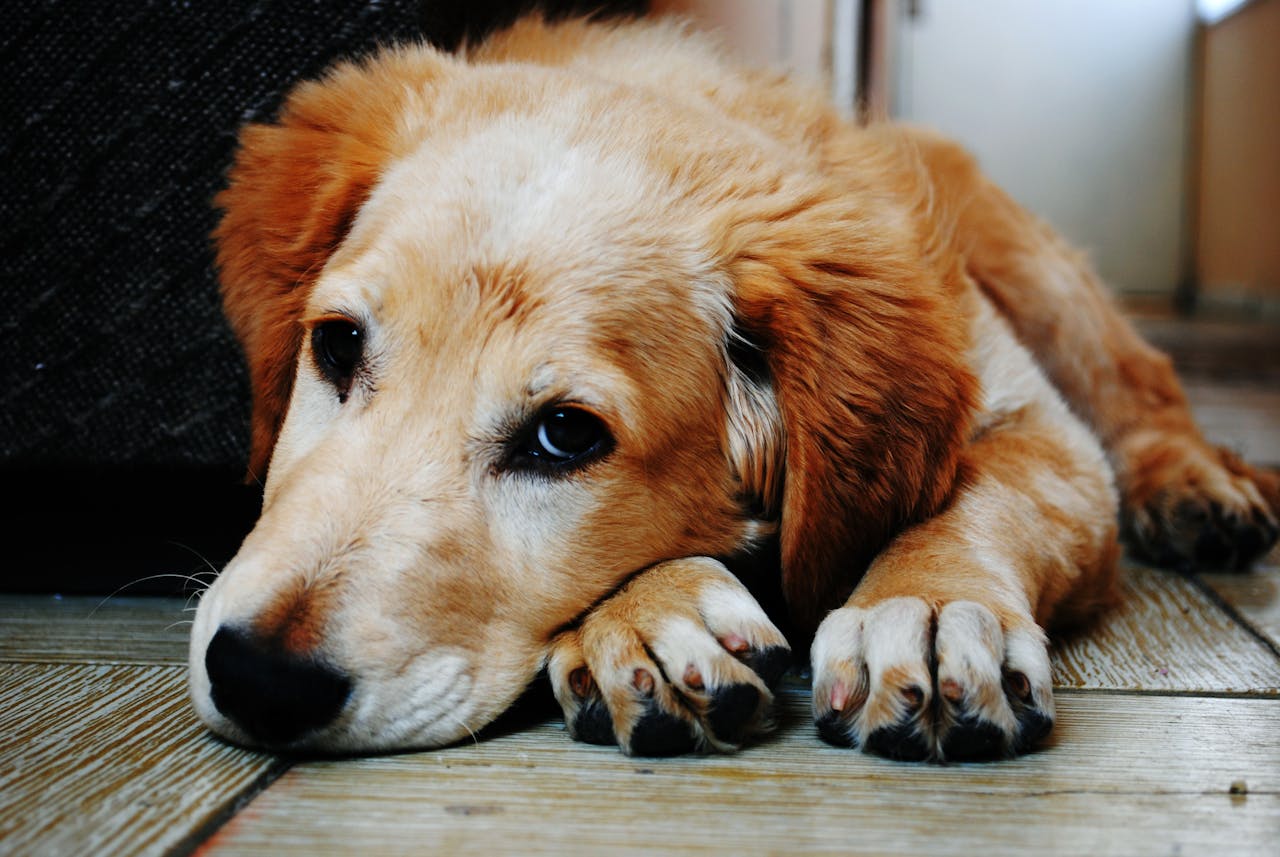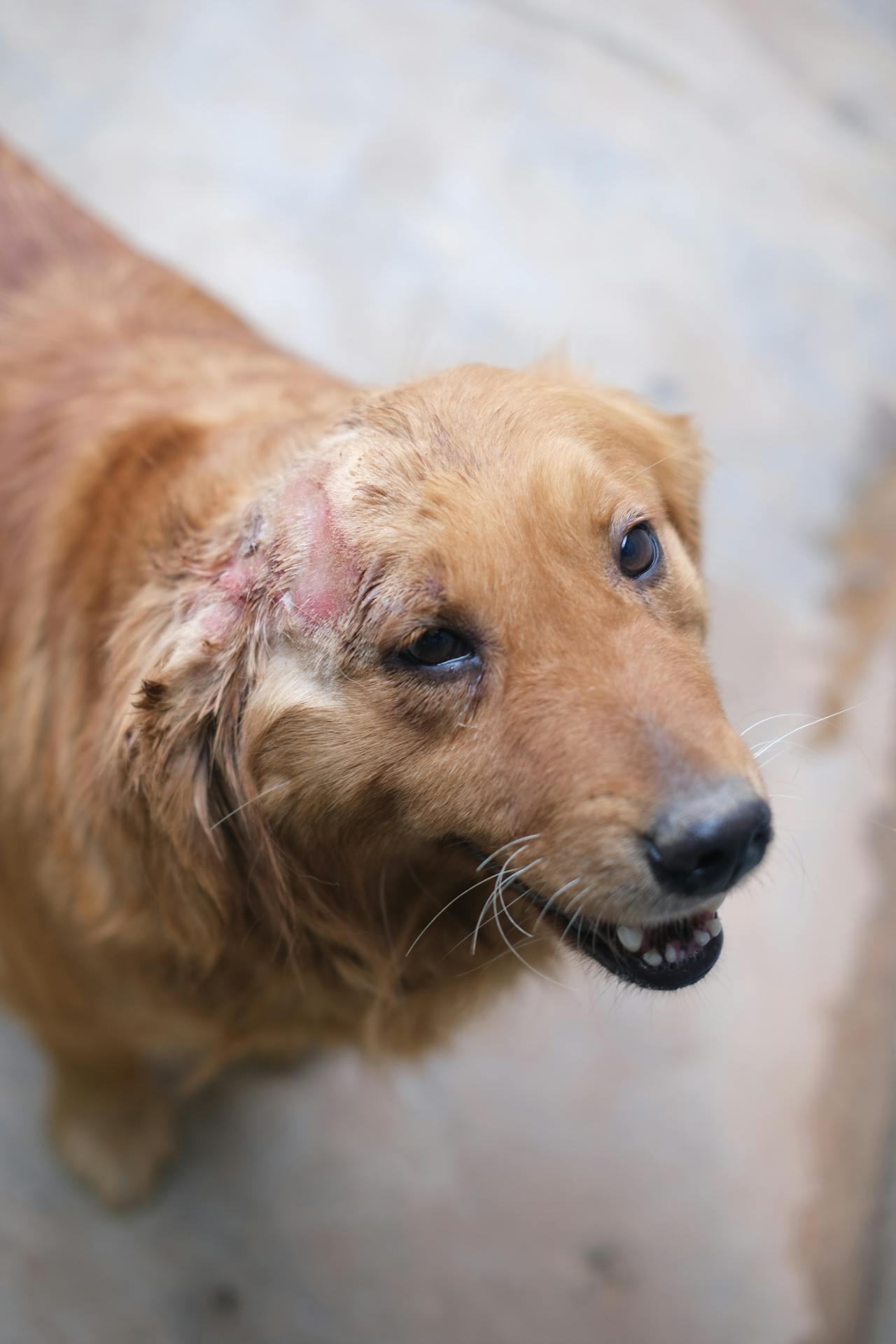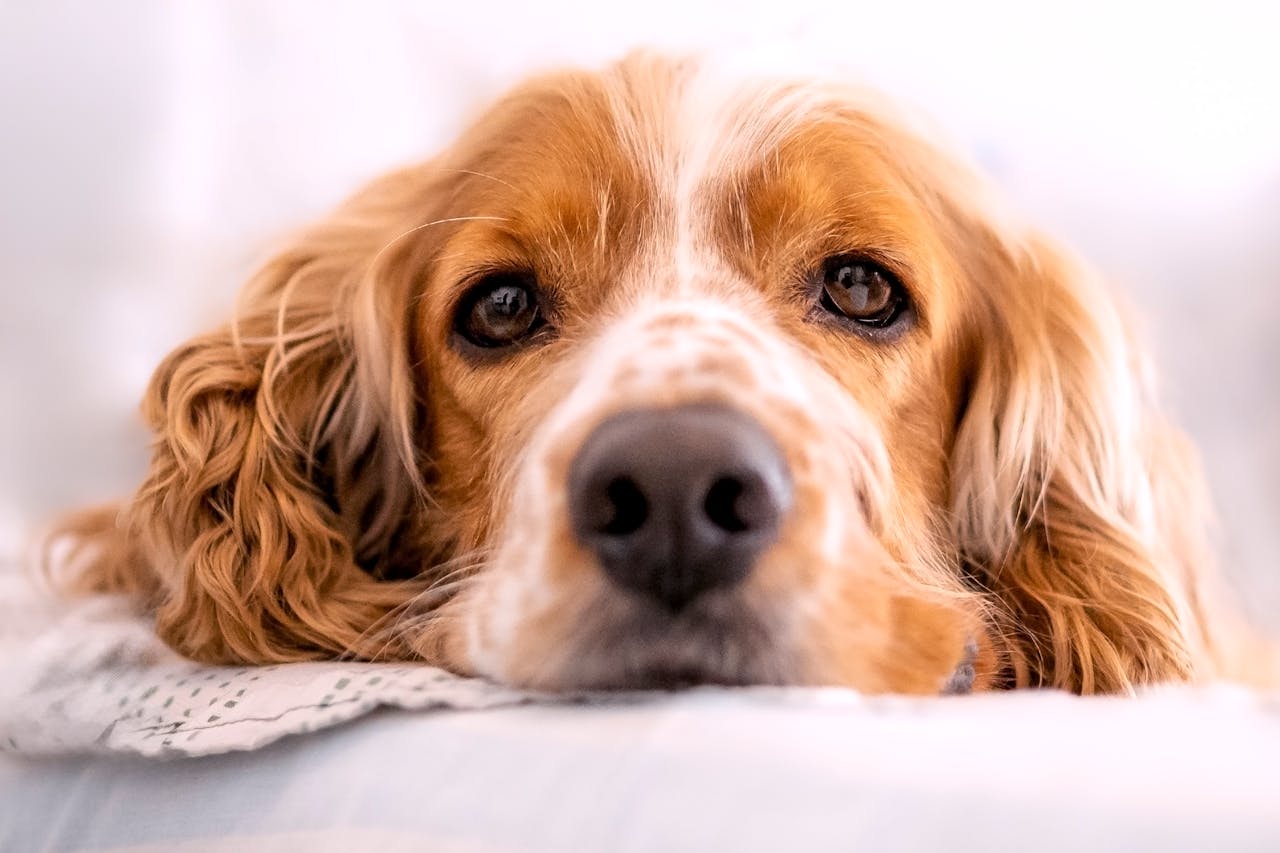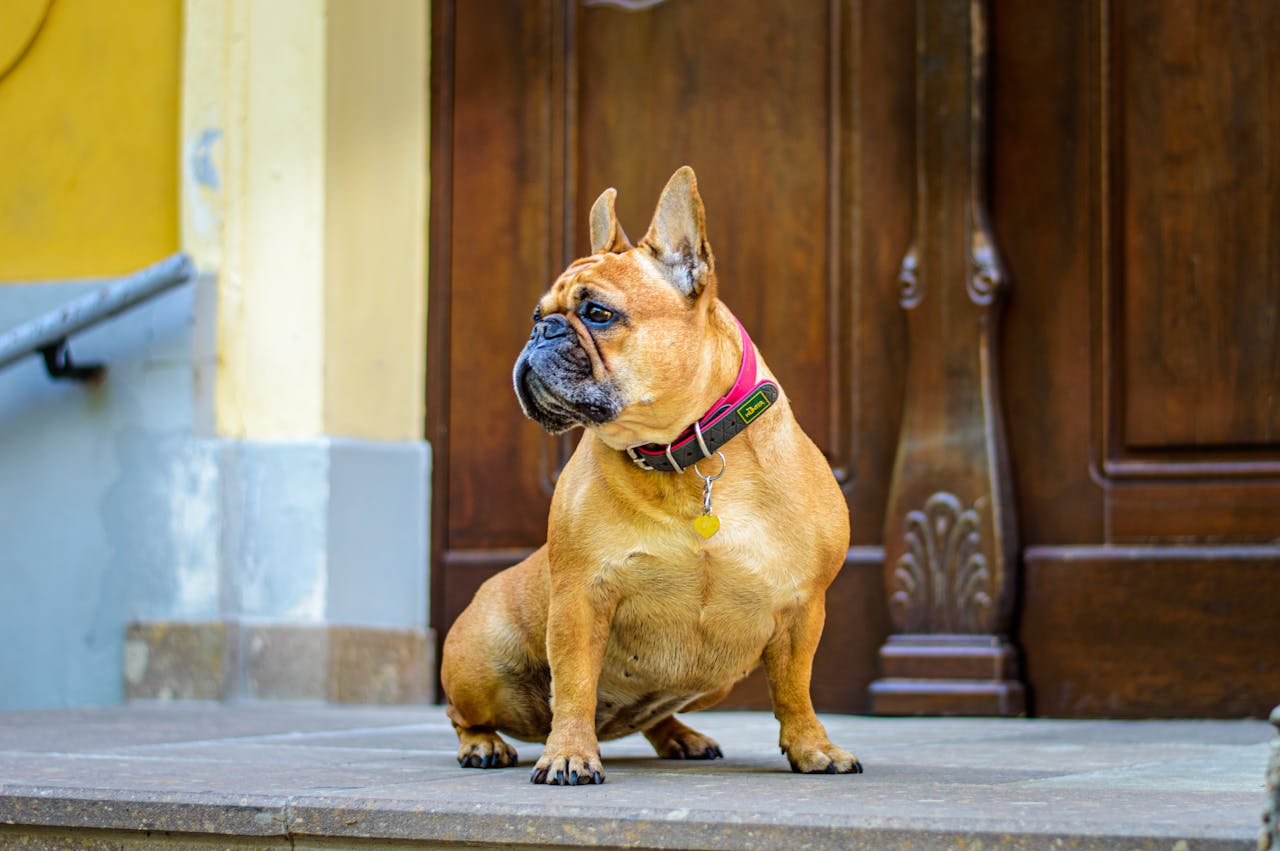Leptospirosis and Pets
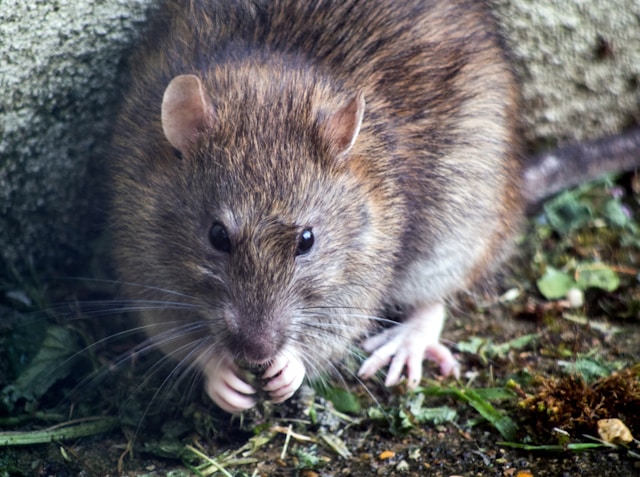
Resurgence of a Potentially Deadly Bacterial Disease
Leptospirosis, often referred to as "lepto" by veterinarians, is a flu-like illness that primarily affects pets, particularly dogs. When left untreated, this disease can prove fatal.
Despite being perceived as a less significant threat to pets, recent outbreaks of leptospirosis have been documented in the United States. Bacteriologists at Cornell University College of Veterinary Medicine's Diagnostic Laboratory are urging dog owners to remain vigilant for signs of the disease.
Understanding Leptospirosis
Leptospirosis is caused by a spiral-shaped bacterium and is transmitted through contact with the urine of infected wild or domestic animals. This serious bacterial disease comprises various strains or subtypes of leptospira that can affect pets and other mammals. Common carriers of the disease include mice, rats, raccoons, and opossums.
Leptospira bacteria are typically found in contaminated soil and stagnant water, where they can survive for extended periods, ranging from weeks to months. Dogs and cats may come into contact with the contaminated urine in wooded areas, standing water, or ponds. The bacteria can enter your pet's body through the eyes, nose, and mouth or any open cuts, scratches, or broken skin.
Leptospirosis is a zoonotic disease, which can be transmitted to humans directly or indirectly through contact with infected animals. Consequently, strict hygiene practices and personal protective equipment are essential when dealing with pets suffering from this disease.
Symptoms of Leptospirosis
The symptoms of leptospirosis, as outlined by the Centers for Disease Control and Prevention (CDC), can vary depending on the affected organs and may not be specific. In dogs, acute kidney failure is a common consequence of the disease. Hepatitis and bleeding disorders can also result from leptospirosis.
Typical clinical signs include:
-
Fever
-
Vomiting
-
Abdominal pain
-
Diarrhea
-
Reduced appetite
-
Severe weakness and muscle pain
-
Increased water consumption or refusal to drink
-
Jaundice (yellowing of the eyes, mouth, or skin)
-
Depression
-
Stiffness
It can take anywhere from four to twelve days for leptospirosis symptoms to manifest. Once in the bloodstream, the bacteria can rapidly spread to the liver, spleen, and kidneys. Without timely treatment, pets face an elevated risk of kidney failure or other complications that could prove fatal.
Diagnosis and Treatment
If you suspect your dog or cat is displaying symptoms of leptospirosis, it is crucial to contact your veterinarian immediately. A diagnostic test will be conducted to detect the presence of leptospiral antibodies or organisms in your pet.
Immediate treatment, involving antibiotics and supportive fluid therapy, is essential to save your pet's life and prevent the development of chronic kidney disease or other complications. Typically, younger pets are more severely affected, but the earlier the disease is identified and treated, the better the chances of recovery.
Preventive Measures for Pet Protection Against Lepto
Vaccination is a critical preventive measure to safeguard your pet against leptospirosis. It is important to note that the vaccine may not be effective against all strains of leptospira bacteria. Dr. Linda Lee from Yorba Regional Animal Hospital in Orange County, California, suggests that the lepto vaccine is recommended for owners who travel with their pets to high-risk areas, such as those near heavily wooded regions, ponds, or dairy farms. Dogs with regular contact with cows or exposure to cow pastures may also be more vulnerable to the lepto bacteria. Dr. Lee advises pet owners to consult their veterinarians about their pet's vaccination schedule and to educate themselves about the vaccine to make informed decisions.
In addition to vaccination, there are other ways to protect your pet. Maintain control over rodent infestations, as rodents can carry and spread the bacteria. Before taking your dog for a walk in a natural environment, inspect their paws, belly, and any exposed areas for abrasions, scratches, or open wounds. If you notice any, postpone the walk until your pet fully recovers. Furthermore, refrain from allowing your pet to drink from ponds or stagnant water pools during nature walks.
For more information on leptospirosis and whether your dog or cat could benefit from vaccination, consult your veterinarian.
Get insurance plans with wide-ranging coverage options








